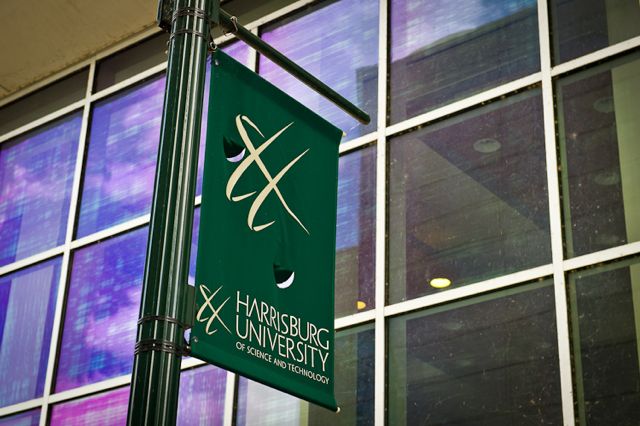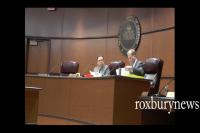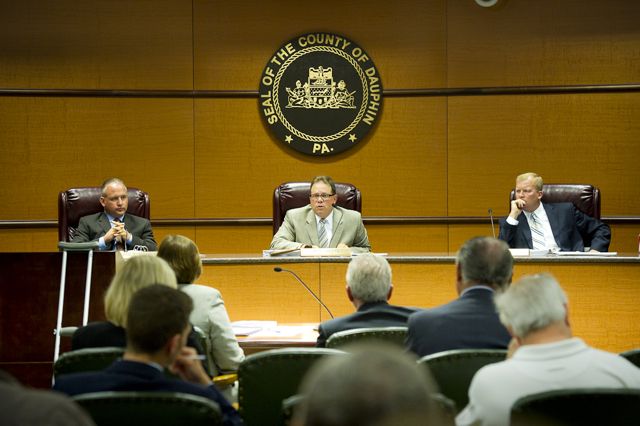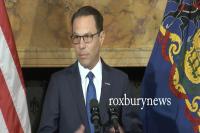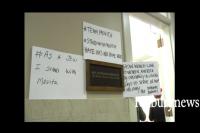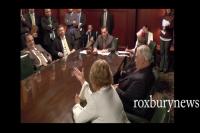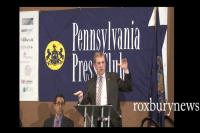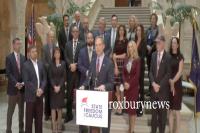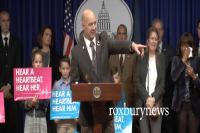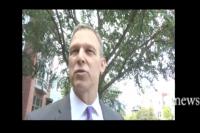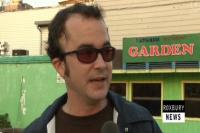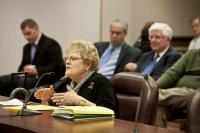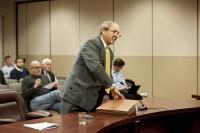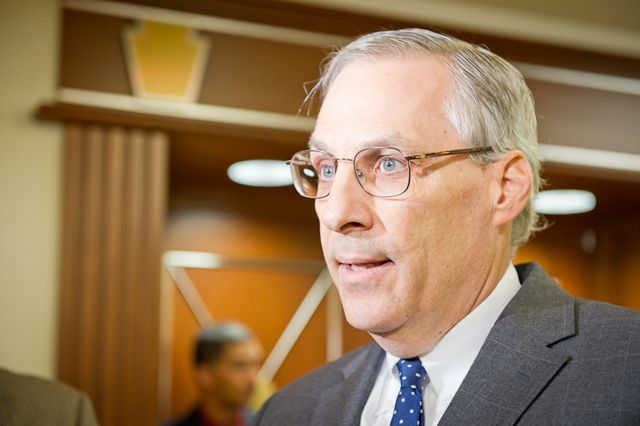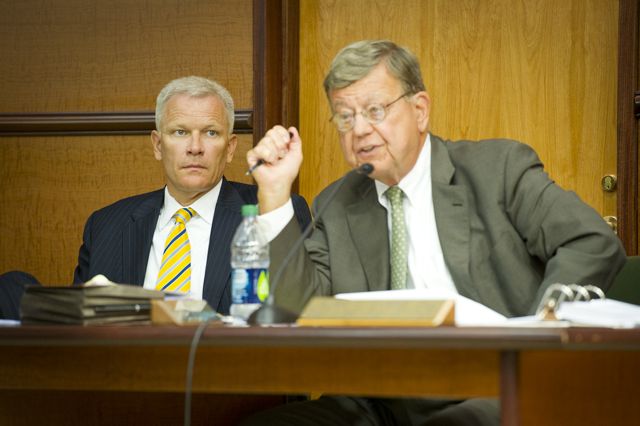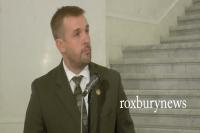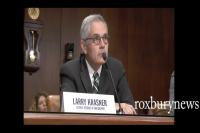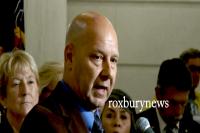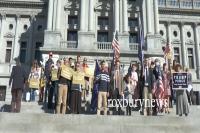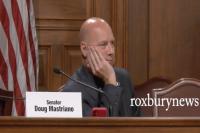As released by the office of the Controller:
Office of City Controller Daniel C. Miller 10 N 2nd Street, Suite 403 Harrisburg, Pennsylvania 17101.
Wanda Williams, President September 11, 2013 Members of Harrisburg City Council 10 N 2nd St. Harrisburg, PA 17101 Dear Ms. Williams and all Members:
As the City of Harrisburg's elected fiscal watchdog, I have read and studied the receiver's plan, and feel compelled to share some of my concerns with City Council.
Whether Council ultimately votes to support or reject the plan, it should be sure that its decision is based on a comprehensive understanding of the details and their short and long term ramifications. Council took a step in the right direction by seeking assistance from Alvarez and Marcel to conduct an independent review of the parking transaction.
One of the first questions that should be answered is whether the plan represents shared pain and shared sacrifice.
In my view, with the sale and transfer of municipally owned assets, the burden is placed disproportionately on the residents and taxpayers of the city. While it's true that the city's major creditors have agreed to accept an immediate partial payment of approximately $210 million of the nearly $300 million debt, the plan calls for additional distribution of future funds that will make the creditors whole.
As willing participants in the incinerator retrofit financing deal at the root of many of the city's financial woes shouldn't the plan require these creditors to make substantial concessions?
I am also uncomfortable with the plan's proposed increases in parking fees and the questionable assumptions of its financial projections.
To begin with, there has been no cost benefit analysis to determine how the increases will affect businesses and no consideration of their effect on residents, particularly low income city dwellers and elderly residents who live on fixed incomes, who find it necessary to park in one of the areas subject to the new fees.
Shouldn't we have those answers before we move forward? Shouldn't Council consider just how much additional revenue could be raised from the parking proposal if rate hikes are off-set by dramatically reduced demand?
Given the interdependence of various elements of the plan, shouldn't City Council have an independent professional Economic Impact Statement on each of the elements before approving any part of the measure?
What follows is a specific breakdown of the various elements of the receiver's plan that raise red flags, major concerns and troubling questions for me. If they also raise red flags and troubling questions for Council members, shouldn't we have answers and assurances before we proceed?
Receiver Lynch's plan dismantles city government by removing control of basic city functions from the city's residents. It reinforces the misperception that residents of a majority minority city can't govern themselves.
The city loses control of its parking assets for a minimum of 40 years, allowing others to set rates, terms and conditions.
The city loses control of the sewer and water systems, including billing and collections, with the transfer of this asset to The Harrisburg Authority.
The city's solid waste collection is outsourced.
The plan creates a competing entity, funded by the city, for the purpose of economic development. However, the board is not controlled by the city and may include non- residents.
The plan also creates a competing entity, funded by the city, for the purpose of infrastructure improvement. However, the board is not controlled by the city and may include non- residents.
Receiver Lynch's plan doesn't call for any real concessions from AGM or Dauphin County, and minimal to no concessions from others. Is that fair and shared pain?
Upon the sale of the incinerator and lease of the parking assets these major creditors get a lump sum payment and get the rest from future revenues.
Other claimants make minimal to no concessions:
CIT--$3.5 million concession
AMBAC-no concession
MetroBank-no concession
SunTrustLeasing-no concession at this time.
Covanta-what appears to be a $16.5 million concession could be made up through grants and contracts
Photo/Dani Fresh

